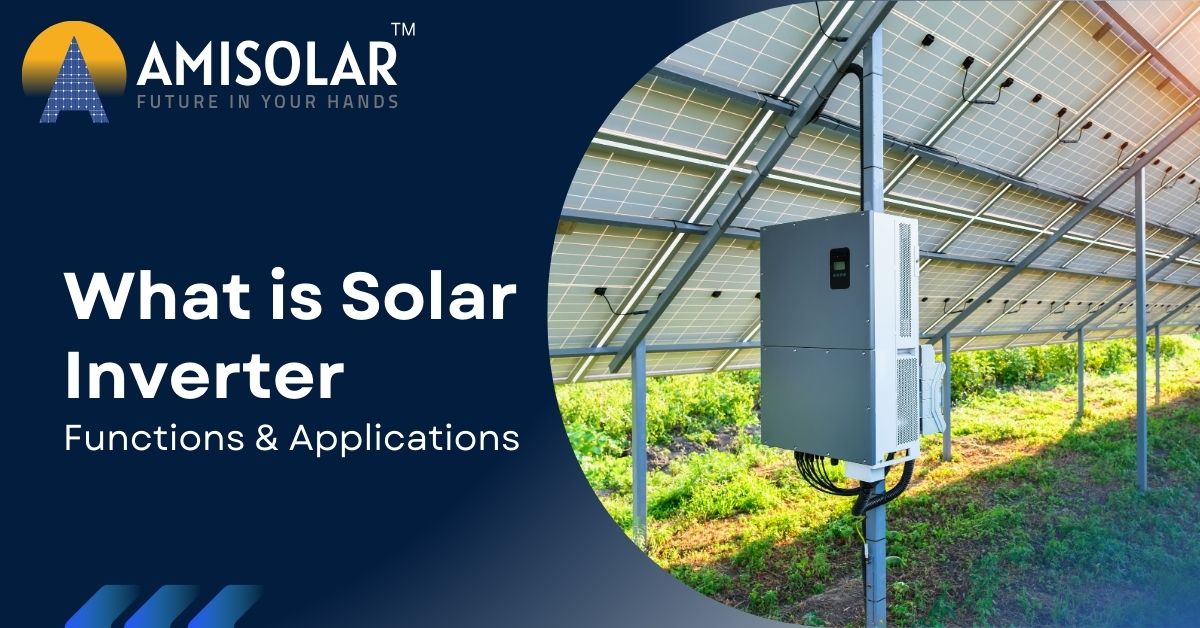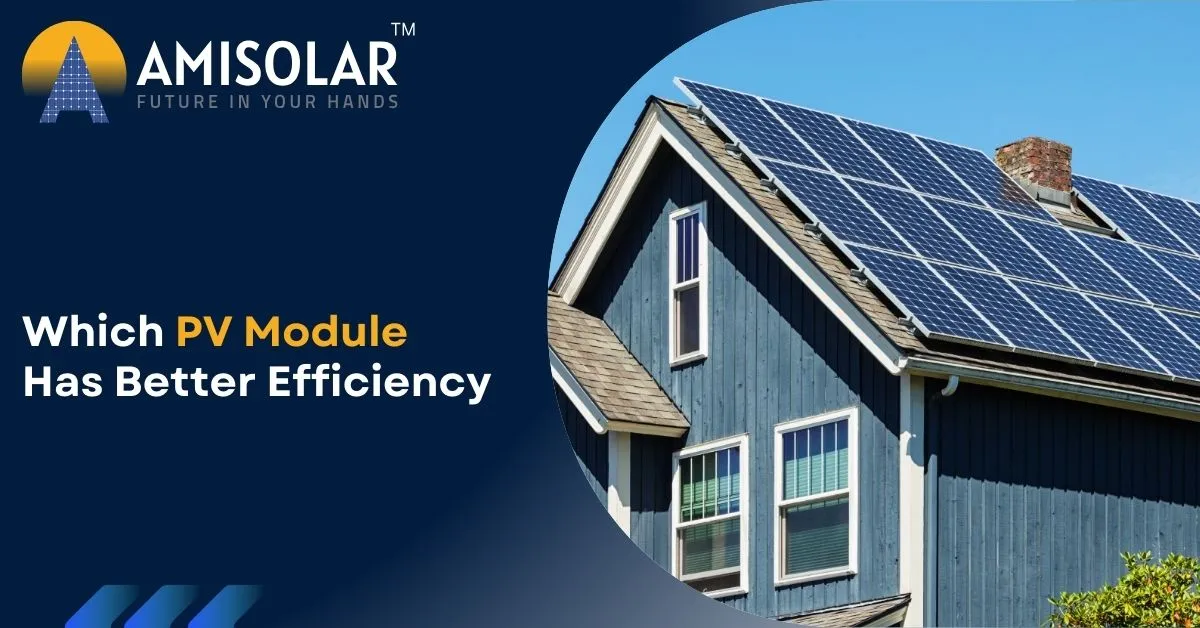As energy prices rise and concerns over the environment grow, many homeowners are turning to…

Solar energy has become a cornerstone of sustainable development, offering a renewable and clean source of power. At the heart of any solar energy system is the solar inverter, a critical component that ensures the efficient and effective use of the electricity generated by solar panels. This blog delves into the functions and applications of solar inverters, highlighting their importance in the solar power ecosystem.
What is a Solar Inverter?
A solar inverter, also known as a photovoltaic (PV) inverter, is a device that converts the direct current (DC) electricity generated by solar panels into alternating current (AC) electricity. This conversion is essential because most household appliances and the electrical grid operate on AC power. Without a solar inverter, the electricity generated by the solar panels would be unusable for most applications.
Functions of a Solar Inverter
DC to AC Conversion
Primary Function: The main role of a solar inverter is to convert the DC electricity produced by solar panels into AC electricity, making it compatible with household appliances and the electrical grid.
Maximum Power Point Tracking (MPPT)
Optimization: Solar inverters use MPPT technology to ensure that the solar panels operate at their optimal power output. This involves constantly adjusting the load to maintain the maximum power point, thereby maximizing the efficiency of the solar system.
Grid Management
Synchronization: For grid-tied solar systems, the inverter ensures that the electricity output is synchronized with the grid’s voltage and frequency. This is crucial for maintaining stability and safety in the electrical system.
System Monitoring and Data Collection
Performance Tracking: Modern solar inverters often come equipped with monitoring capabilities that track the performance of the solar system. This includes data on energy production, system efficiency, and potential issues, which can be accessed via remote monitoring systems.
Safety Functions
Protection Mechanisms: Solar inverters are designed with several safety features, including anti-islanding protection, ground fault protection, and arc fault detection, to ensure the safe operation of the solar power system.
Applications of Solar Inverters
Residential Solar Systems
Home Use: Solar inverters are widely used in residential solar installations, converting the solar energy collected by rooftop panels into usable electricity for homes. They help homeowners reduce their reliance on the grid and lower electricity bills.
Commercial and Industrial Solar Systems
Large-Scale Operations: In commercial and industrial settings, solar inverters are employed to manage larger solar installations. These inverters handle higher power outputs and are designed to support the energy needs of businesses and manufacturing facilities.
Utility-Scale Solar Farms
Grid Integration: Utility-scale solar farms utilize high-capacity inverters to convert the massive amounts of DC electricity generated by extensive arrays of solar panels into AC electricity, which is then fed into the national grid.
Hybrid Solar Systems
Energy Storage Integration: Hybrid inverters are used in systems that combine solar panels with energy storage solutions, such as batteries. These inverters manage the flow of electricity between the panels, batteries, and the grid, ensuring efficient energy storage and usage.
Off-Grid Solar Systems
Remote Areas: Off-grid solar inverters are essential for remote locations where there is no access to the electrical grid. These inverters enable the use of solar energy to power homes, cabins, and other facilities independent of the grid.
Frequently Asked Questions
How does a solar inverter work?
Solar panels produce DC electricity when exposed to sunlight. The solar inverter then converts this DC electricity into AC electricity, which matches the voltage and frequency required by the electrical grid or the appliances connected to it.
How important is the efficiency of a solar inverter?
Efficiency is critical because it determines how much solar energy is converted into usable electricity. Higher efficiency means more electricity generated from the same amount of sunlight, maximizing the return on investment in solar panels.
Are there advancements in solar inverter technology?
Yes, advancements such as increased efficiency, integration with energy storage systems (like batteries), and smart grid capabilities are transforming how solar inverters are used and managed.
Conclusion
Solar inverters are indispensable components of any solar power system, enabling the efficient conversion of solar energy into usable electricity. Their functions extend beyond mere conversion, encompassing system optimization, safety, and monitoring, making them critical for both small-scale residential installations and large-scale commercial and utility projects. As solar technology continues to advance, the role of solar inverters will only become more pivotal in our transition to a sustainable energy future.


